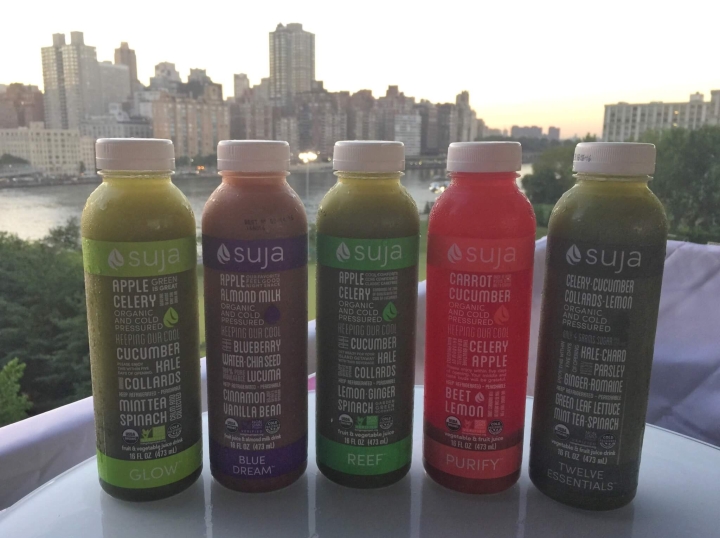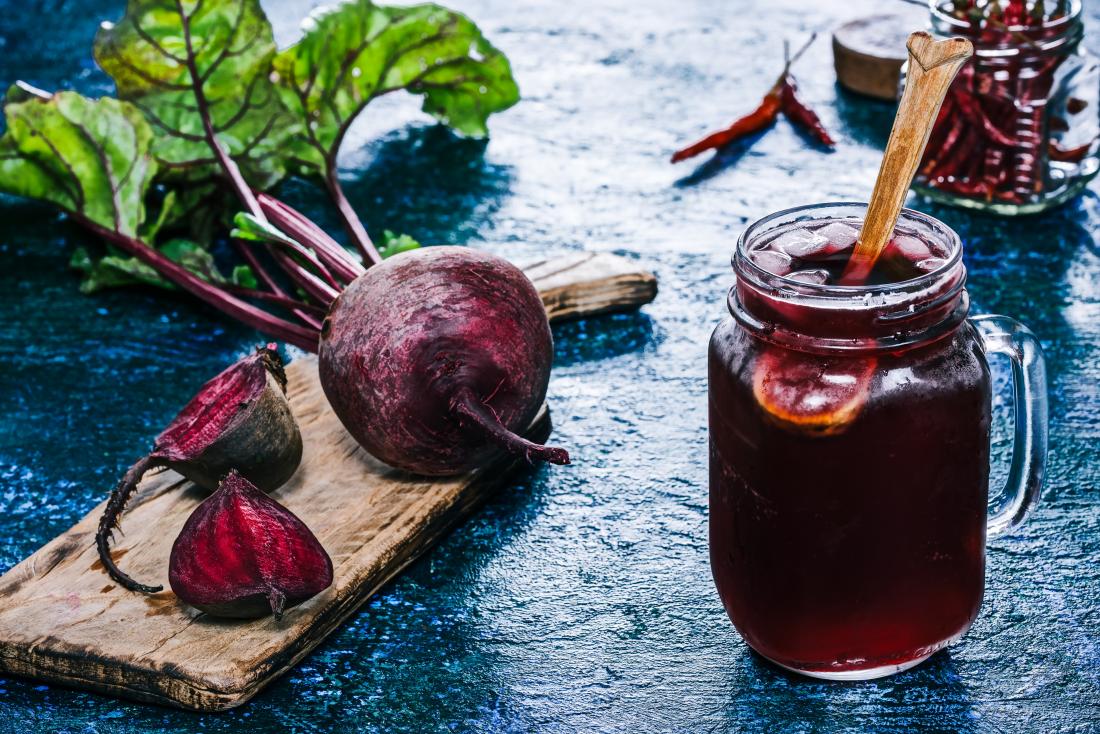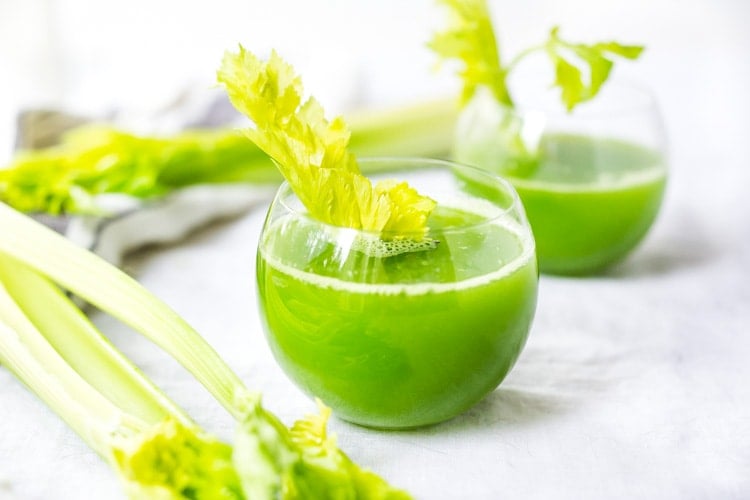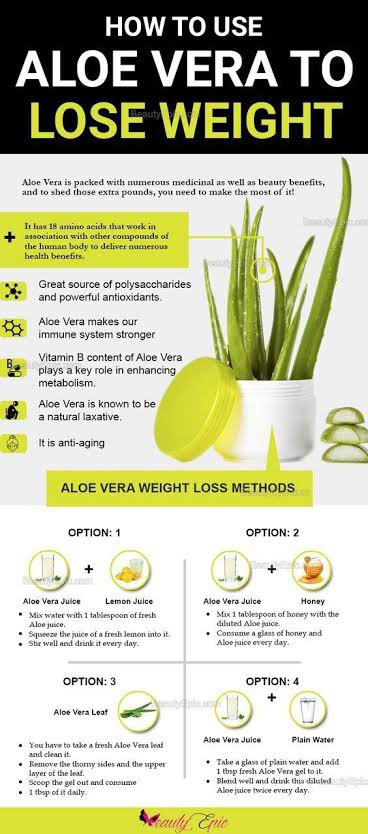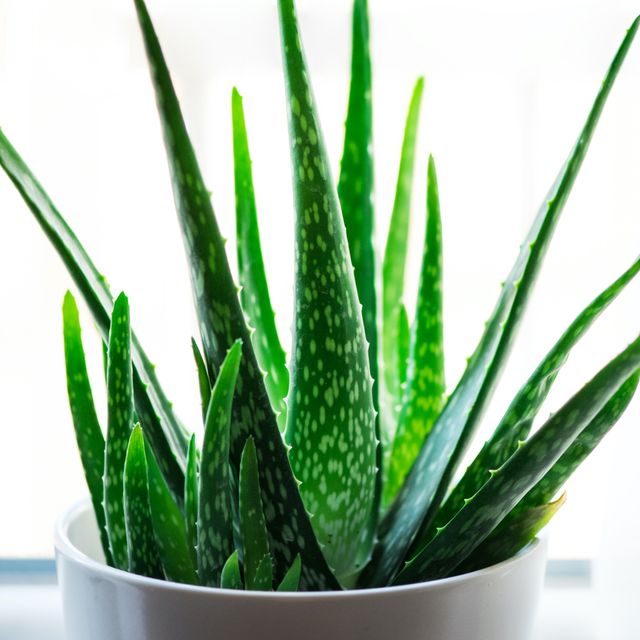
Aloe Vera, a succulent plant found globally, is commonly considered an invasive species in many regions. It encounters various obstacles such as sun exposure, root rot, powdery mildew, and infestations by Mealybugs.
Root rot
Root rot can cause the leaves of aloe plants to become soft and brown, leading to them falling off. The disease can also spread upward and cause the entire leaf to turn brown. It is difficult to save such a plant. In addition to causing a plant to fall off, root rot can damage the plant’s root system and cause other problems. Affected roots may be slimy or smell pungent.
Root rot can be prevented by keeping the plant in a well-draining pot. It is also important to keep the soil moist and free of fungi and bacteria. When watering your aloe plant, you should ensure the soil is well-drained and free of excess water. It is important to check your aloe daily for signs of root rot.
Powdery mildew
Powdery mildew is an infection of plants caused by fungal diseases. New growth is more susceptible to the disease than older plants. In order to prevent it, care should be taken to avoid over-fertilizing the plant. Instead, use a slow-release fertilizer which provides nutrients slowly over time. The soil should also be well-drained. Insufficient drainage encourages the growth of disease-causing organisms. Composting can be a great way to increase the soil’s nutrient levels and beneficial microorganism population. The disease can be prevented by spraying a sulfur-fungicide.
It is important to identify symptoms and treat them as soon as you notice them. The most common symptoms include discoloration and rotting leaves and stems. Galls and other fungus growths can also be seen on the leaves. Leaf rot and rotting may also be seen in Aloe vera. These symptoms are caused by a variety of problems, including overwatering, waterlogged soil, and poor growing conditions.
Mealybugs
Although mealybugs can be annoying, you can treat your Aloe Vera plants with rubbing alcohol. It will kill the insects and can be used indoors. Rubbing alcohol is 70% isopropyl alcohol, which is safe for use around plants, and will not harm them. You can also dilute it in water and spray it directly on the plant.
The most effective treatment method depends on the type and severity of the infestation. However, you can also use insecticidal soap or Neem oil to treat the problem. Simply spray these solutions onto white patches on the plant. Make sure to spray into the crevices of the stem and under the leaves. Always follow the directions on the label. Once the treatment is complete, discard the infected plant to prevent the spread of these pests.
Sunburn
Aloe vera is an excellent natural treatment for sunburn. To provide immediate soothing relief, the light sticky gel found in the leaves can be applied directly on the skin. To reduce discomfort, experts recommend chilling the aloe leaves before applying them directly to sunburns.
Barbaloin, a compound found in the gel, has analgesic and anti-inflammatory properties. It reduces the pain and speed of healing. Furthermore, the aloe plant’s antioxidant properties make it an excellent choice for soothing sunburn.
Cancer treatment
After his initial tumor was discovered, Tommy Lowery’s family sought treatment at an aloe plant clinic in Virginia. The family was told that aloe concentrate would shrink their tumors. The clinic told them that it had worked for dozens of patients. They packed up their cars and drove north. They arrived at a clinic brimming with cancer patients.
Aloe plant has many anti-cancer properties. Research has demonstrated its ability to inhibit cancer growth in vitro. It has anti-inflammatory properties. Studies have shown that it may also boost the therapeutic efficacy of conventional drugs.
Hi, I’m Alexander. I’m a vegan of over 20 years, and I initially made the switch for health reasons. However, as time went on, I became more and more passionate about the ethical and environmental implications of leading a vegan lifestyle.
I am the author of The Graceful Kitchen, a vegan blog where I share recipes for delicious and nutritious vegan meals. As someone who is deeply committed to living a cruelty-free life, I am also a strong advocate for using whole foods as the foundation of a healthy diet – and believe that going vegan is one of the best ways to achieve this.

